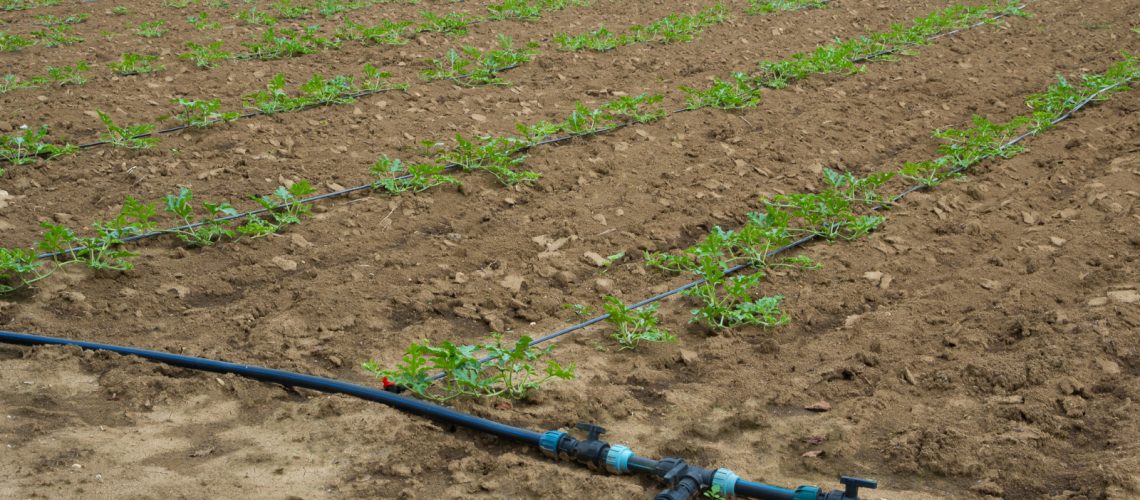Farm irrigation systems are often essential to provide moisture for crops because rain is unpredictable. However, selecting the right irrigation equipment for your land can be challenging. Here are some factors to consider before choosing an agricultural irrigation supply.
1. Compatibility with the Farm’s Operations
When looking for an agricultural supply, you want to ensure your chosen system can work cohesively with other equipment on the farm. For instance, long, wide-shaped fields often use broad mechanized equipment for land preparation, cultivation, and harvest. The farm irrigation system you select should not interfere with those operations.
In the case of an expansive farm, consider investing in a portable irrigation system. Another option is to install a surface irrigation system outside the crop boundaries to allow other machines to work uninterrupted. Smaller fields can accommodate permanent irrigation approaches.
2. Cost Effectiveness
Installing an irrigation system is an investment in a field or farm. However, knowing how different irrigation systems will affect your monthly or quarterly expenses is best.
Pressurized irrigation techniques usually have high operating costs but offer excellent water conservation. They also don’t require a lot of labor, which is a way to offset the initial cost of the system’s installation. You could invest in a system that has a lower upfront installation cost, but it may have costly operational expenses.
Before choosing your ideal irrigation system, ensure its installation cost and long-term expenses match your water use, energy consumption, maintenance, labor, and land preparation budget.
3. Land Topography
The farm’s topography or land type will affect the agricultural irrigation supply options. The elevation and location of the land’s water supply and access to utility lines can be concerning. Surface irrigation methods need field uniformity to water the crops and prevent runoff effectively.
You may have irrigation system restrictions based on several factors, including:
- Field acreage
- Field slope and shape
- Groundwater levels
- Water and power lines
Hilly areas can have an irrigation system, like center pivot irrigation. However, it may need a lot of land preparation.
4. Local Weather
The appropriate agricultural irrigation system will accommodate the farm’s local climate. Heat and humidity can lead to quick evaporation, limiting how much moisture the soil can soak up. Sprinklers are unsuitable for areas with high winds, but drip irrigation works well in places with high winds and low humidity.
5. Crop Type
Incorrect irrigation methods can lead to root issues, lack of growth, and burning due to over or underwatered soil. Crops need water to thrive, but not every crop needs the same amount of moisture. Irrigation systems create moist environments and help with soil aeration and temperature. The water delivery will also affect the plant’s health and growth because each system delivers water to different parts of the plant.
Get the Best Irrigation Supplies from The Mudhouse
If you’re looking for an affordable and reliable agricultural irrigation supply, look no further than Southwest Florida Service & Supply. Affectionately known as “The Mudhouse” for over 47 years, we carry a wide range of irrigation supplies and offer full-service irrigation installation. Request a quote online or call (239) 657-2429.

